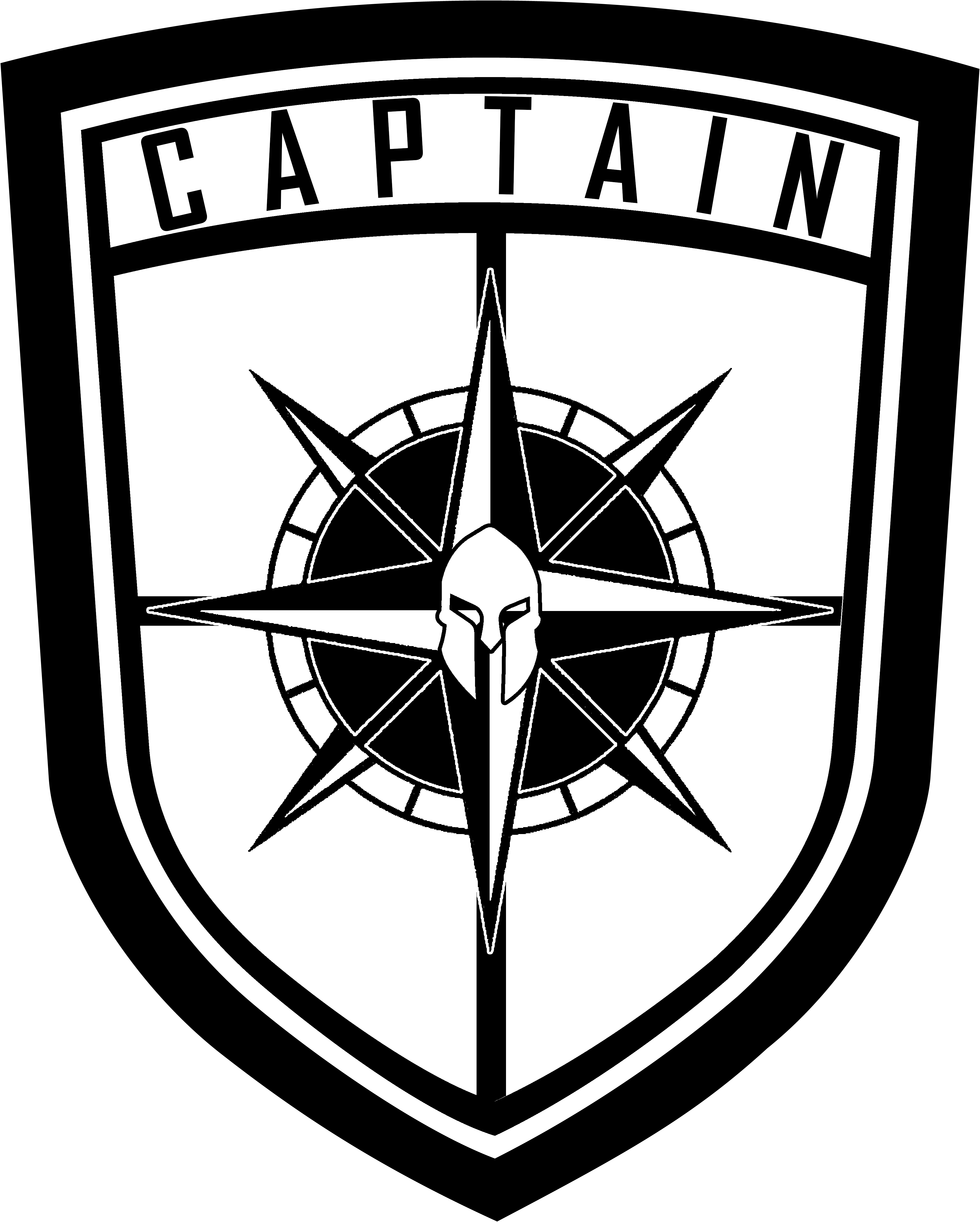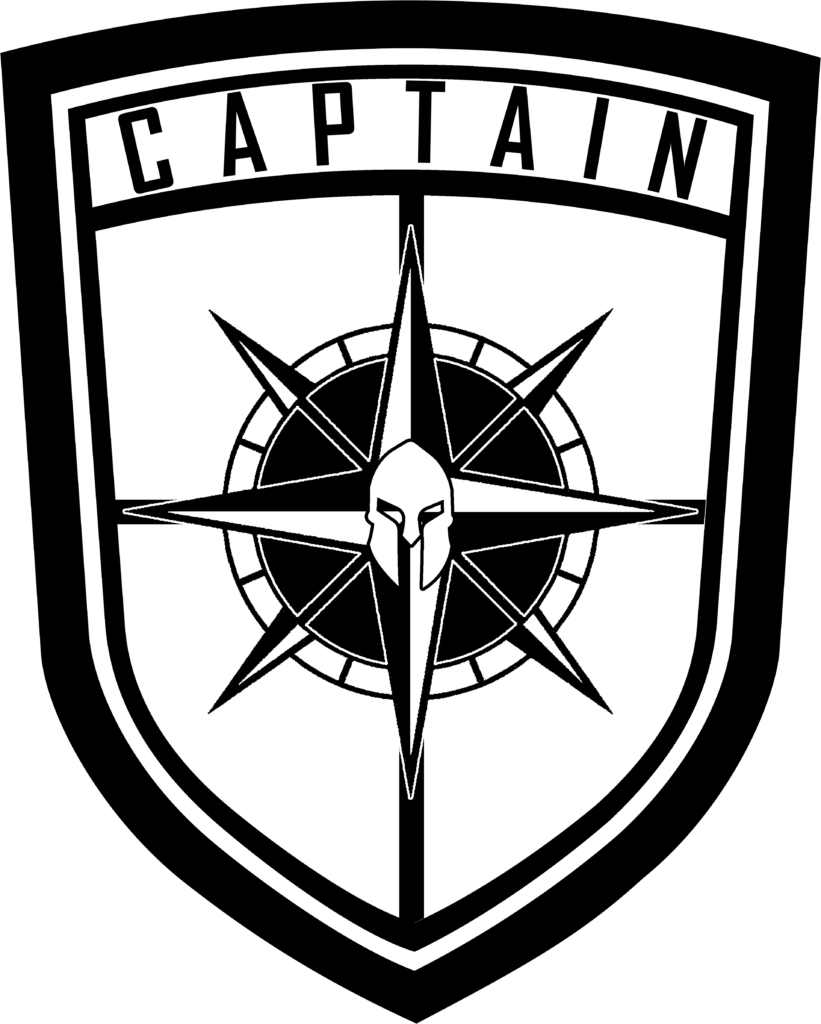Finding fault is easy. It’s a reflex. Someone falls short, makes a mistake, or doesn’t live up to expectations, and we’re quick to judge.
But before you point the finger, pause. Ask yourself:
What fault of mine most nearly resembles the one I’m about to criticize?
It’s uncomfortable, isn’t it? That moment of self-reflection. Because it’s far more satisfying to magnify someone else’s flaws than to acknowledge our own.
Yet, that question holds power. It forces us to confront our humanity—our imperfections, our blind spots, our biases. It reminds us that the things we find most irritating in others are often the very things we struggle with ourselves.
Criticizing someone’s impatience? How patient were you last week? Calling out someone’s inconsistency? What’s your track record? Judging someone for not listening? How often do you tune out?
The mirror comes first. Always.
The real work isn’t in finding fault. It’s in closing the gap between who we are and who we want to be. It’s in owning our flaws before pointing out someone else’s. And when we do that, something remarkable happens:
The criticism softens. The judgment fades. And instead of pointing fingers, we extend grace.
Because the truth is, we’re all works in progress. The real question isn’t whether others are falling short. It’s whether we’re brave enough to hold up the mirror and do the work ourselves.

